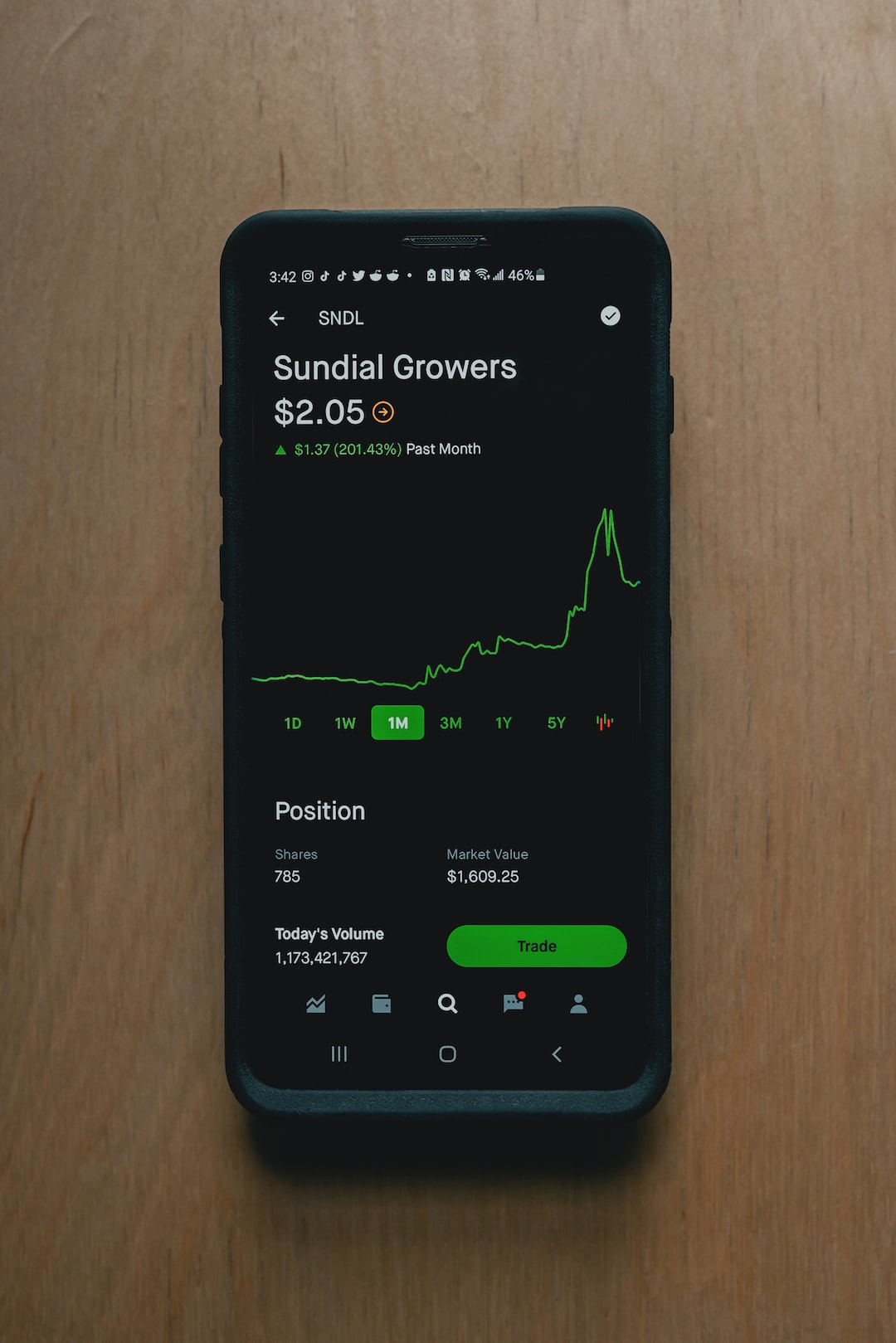When it comes to investing, there are a variety of options to choose from. Two of the most popular investments are stocks and forex. The question arises, which is better for investment, stocks or forex? The answer is not straightforward as both have their pros and cons. In this article, we will delve into the differences between the two investments and help you determine which is better suited for your investment goals.
Stocks are a form of ownership in a company. When you purchase a stock, you own a small part of that company. The value of the stock is determined by the performance of the company. If the company performs well, the stock price will rise, and if it performs poorly, the stock price will fall. Stocks are traded on stock exchanges, such as the New York Stock Exchange or NASDAQ.
Forex, on the other hand, stands for foreign exchange. It is the market in which currencies are traded. Forex trading involves buying and selling currency pairs. The value of a currency is determined by the supply and demand of that currency. Forex trading takes place in the decentralized over-the-counter market.
One of the biggest advantages of investing in stocks is the potential for long-term growth. Stocks have historically provided higher returns than other investments. According to research by JP Morgan, stocks have provided an average annual return of 9.8% over the past 100 years. However, stocks are also more volatile than other investments, meaning that their value can fluctuate quickly and dramatically.
Forex, on the other hand, is a more complex and risky investment. Forex trading requires extensive knowledge of the market and the ability to analyze economic and political events. In addition, forex trading involves leverage, which means that traders can potentially make large profits with a small investment. However, this also means that traders can potentially lose more than their initial investment.
Another advantage of investing in stocks is the ease of diversification. Diversification is the practice of investing in a variety of stocks to reduce risk. By investing in a variety of stocks, you spread your risk across multiple companies and industries. This means that if one company or industry performs poorly, it will have less of an impact on your overall portfolio.
Forex trading, on the other hand, is more difficult to diversify. Since forex trading involves buying and selling currency pairs, it is more difficult to spread your risk across multiple currencies. In addition, the forex market is highly correlated, meaning that the performance of one currency can have a significant impact on other currencies.
One advantage of forex trading is the ability to trade 24 hours a day, five days a week. This means that traders can take advantage of opportunities in the global market at any time. In addition, forex trading is highly liquid, meaning that traders can easily enter and exit positions.
In conclusion, both stocks and forex have their advantages and disadvantages. Stocks offer potential long-term growth and ease of diversification. Forex trading offers the potential for high profits and the ability to trade 24 hours a day. Ultimately, the decision to invest in stocks or forex depends on your investment goals, risk tolerance, and knowledge of the market. It is important to do your research and consult with a financial advisor before making any investment decisions.






